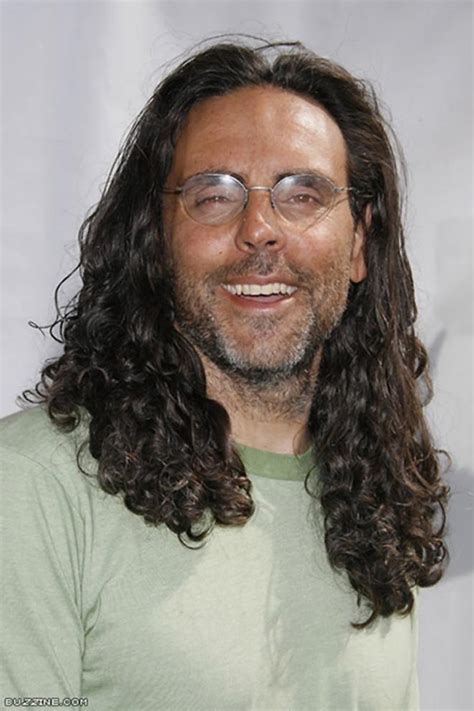A Quote by Robert M. Pirsig
Science probes; it does not prove. Imagine Newton's reaction to an objector of his law of gravity who argued that he could not establish a universal law because he had not observed every falling apple, much less proved the law of gravity - there might, after all, be an apple that levitates! Why should a group of simple, stable compounds of carbon, hydrogen, oxygen and nitrogen struggle for billions of years to organize themselves into a professor of chemistry?
Quote Topics
Related Quotes
However the great successes of science - Galileo's telescopic observations, Newton's law of gravity, etc - all of this great success caused people to sort of say, what if we could establish religion on that same successful basis? What if we could have a good rational foundation for religious belief. What if religion could be sort of like science. Of course, that can't be.
Every heat engineer knows he can design his heat engine reliably and accurately on the foundation of the second law [of thermodynamics]. Run alongside one of the molecules, however, and ask it what it thinks of the second law. It will laugh at us. It never heard of the second law. It does what it wants. All the same, a collection of billions upon billions of such molecules obeys the second law with all the accuracy one could want
The law is equal before all of us; but we are not all equal before the law. Virtually there is one law for the rich and another for the poor, one law for the cunning and another for the simple, one law for the forceful and another for the feeble, one law for the ignorant and another for the learned, one law for the brave and another for the timid, and within family limits one law for the parent and no law at all for the child.
Cleverly assorted scraps of spurious science are inculcated upon the children to prove necessity of law; obedience to the law is made a religion; moral goodness and the law of the masters are fused into one and the same divinity. The historical hero of the schoolroom is the man who obeys the law, and defends it against rebels.





































